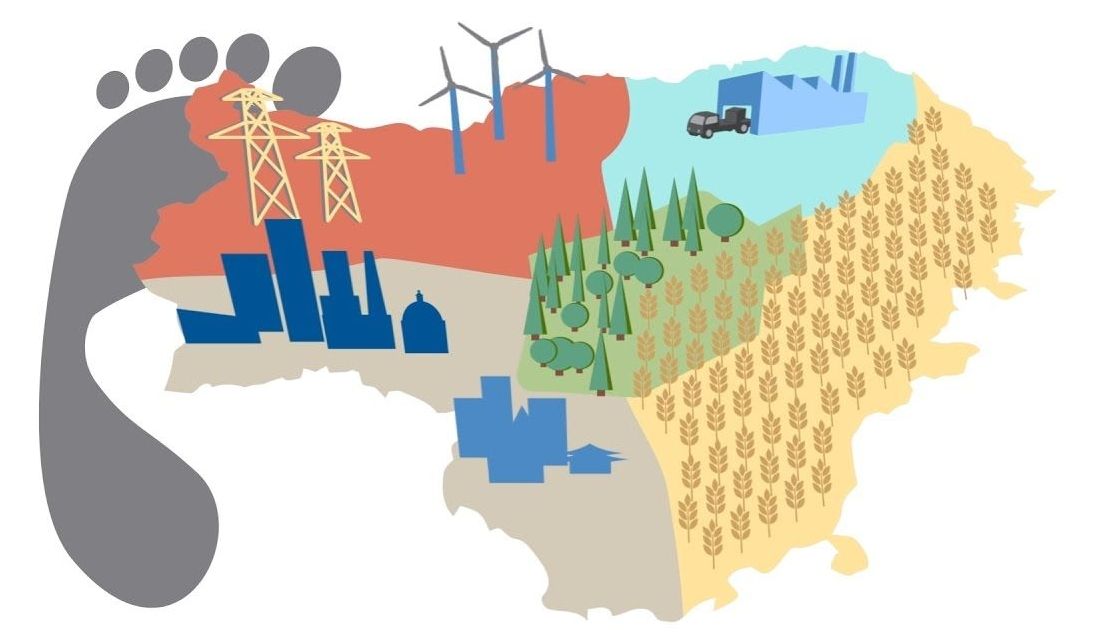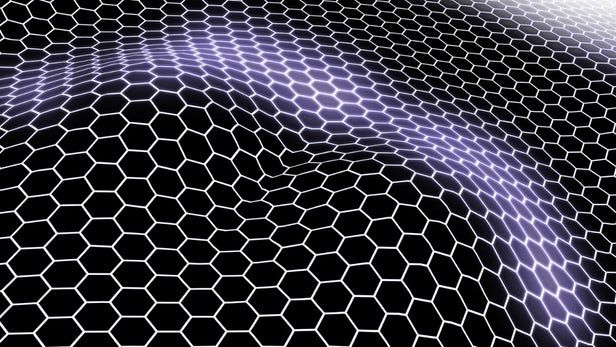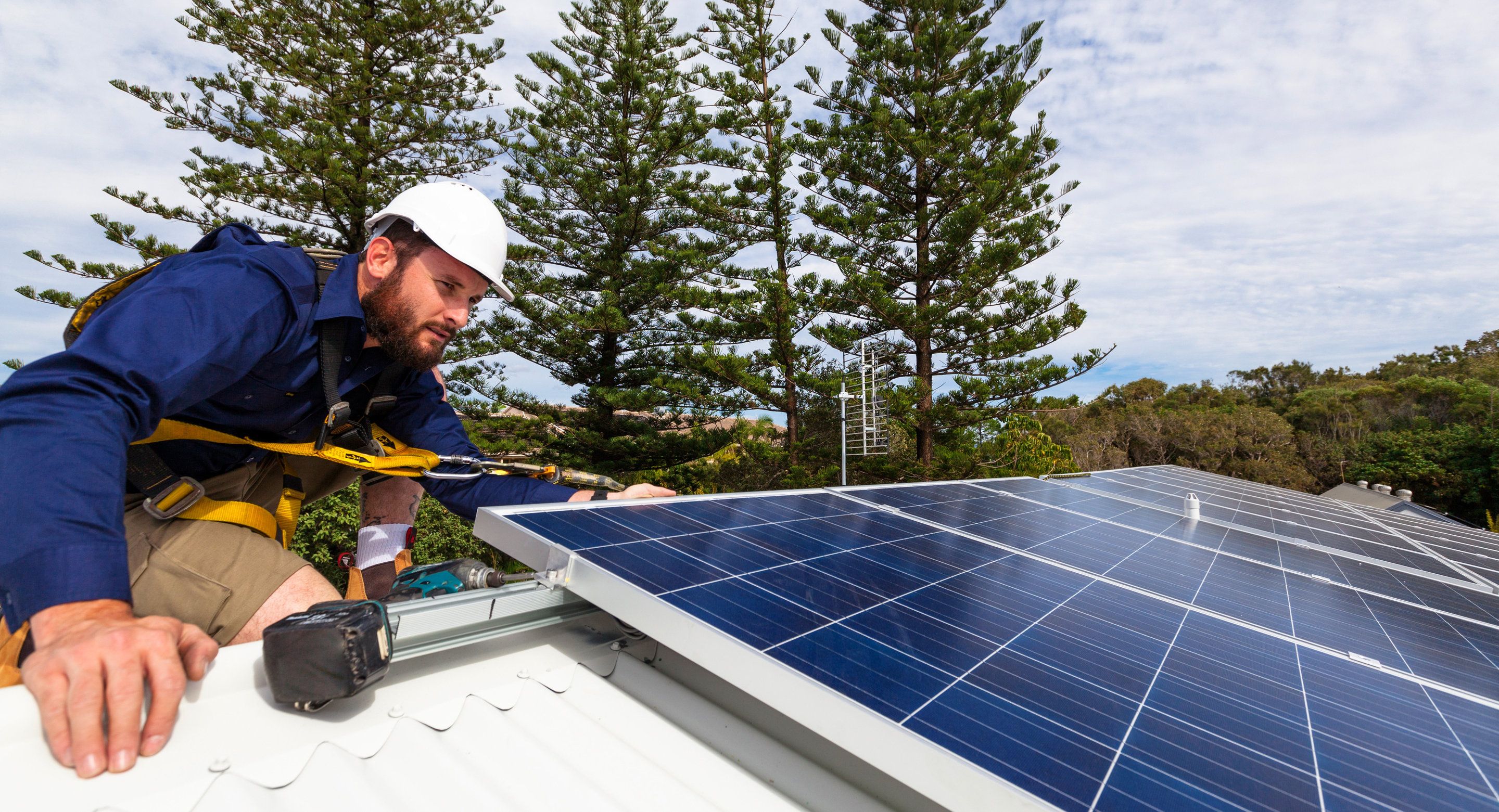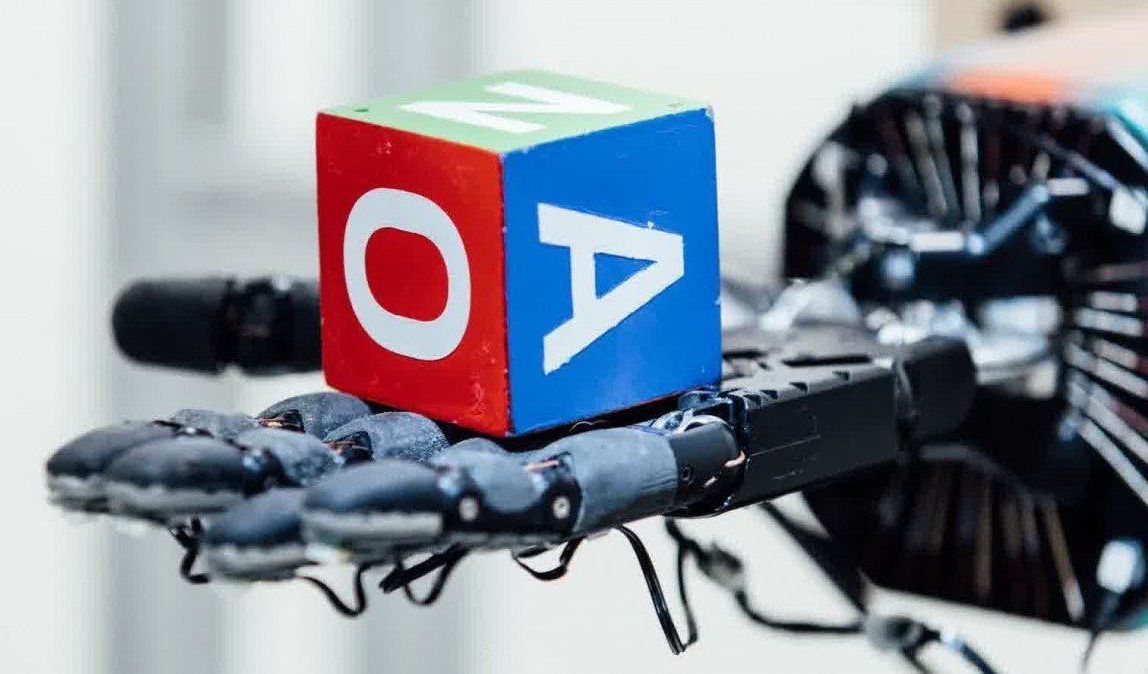Page 9338
Jul 31, 2018
Laser-blasted graphene boosts capacity of sodium-ion batteries
Posted by Bill Kemp in category: materials
Lithium-ion batteries are effective, but they can be a bit on the expensive side. Striking a balance between common materials and efficiency is important, and regular old salt looks like it could fit the bill – after a few kinks are ironed out. Now, researchers at King Abdullah University of Science and Technology (KAUST) have developed a way to make “disordered” graphene that can help improve the sodium-ion battery recipe.
Jul 31, 2018
Yes, humans are depleting Earth’s resources, but ‘footprint’ estimates don’t tell the full story
Posted by Bill Kemp in category: economics

Experts widely agree that human activities are harming the global environment. Since the Industrial Revolution, the world economy has grown dramatically. Overall this is a success story, since rising incomes have lifted millions of people out of poverty. But it has been fueled by population growth and increasing consumption of natural resources.
Rising demand to meet the needs of more than 7 billion people has transformed land use and generated unprecedented levels of pollution, affecting biodiversity, forests, wetlands, water bodies, soils and air quality.
Jul 31, 2018
Life Extension Is Not Selfish
Posted by Nicola Bagalà in categories: biotech/medical, life extension
A discussion about why life extension isn’t selfish.
The topic of life extension is much more debated these days than before. As a result, more people who are not in the field talk about it, and they don’t always do so in praising terms. Articles written by outsiders tend to be conservative at best and fear-mongering at worst, mainly focusing on the potential downsides of life-extending technologies without paying much attention, if any, to the benefits, as if there weren’t any to begin with.
One accusation that is often thrown at life extensionists is that they would be selfish for wanting to extend their lives. It is all too easy to say that all that life extensionists think about is their own benefit while disregarding the common good, but it’s not too difficult to see how this is entirely wrong.
Jul 31, 2018
Coordinated ocean energy efforts herald a new industrial sector
Posted by Bill Kemp in categories: energy, sustainability
Despite its remaining mystery, the ocean is a complex working environment, widely used for fishing, shipping and recreation; but so far largely untapped for energy generation. OCEANERA-NET seeks to give the industry the boost it needs.
The European Union coastline runs to around 66 000 kilometres. This vast stretch holds a largely unexploited potential for ocean generated electricity, calculated to be around 380 GW by DG MARE (the EU Directorate responsible), constituting a significant contribution to the EU’s 2020 targets for renewable energy.
Presently, there are a number of Member States funding research and development into ocean energy technology. However, these efforts are not coordinated and so not the game-changers they could be.
Continue reading “Coordinated ocean energy efforts herald a new industrial sector” »
Jul 31, 2018
Designing a ‘solar tarp,’ a foldable, packable way to generate power from the sun
Posted by Bill Kemp in categories: business, solar power, sustainability, transportation
The energy-generating potential of solar panels – and a key limitation on their use – is a result of what they’re made of. Panels made of silicon are declining in price such that in some locations they can provide electricity that costs about the same as power from fossil fuels like coal and natural gas. But silicon solar panels are also bulky, rigid and brittle, so they can’t be used just anywhere.
In many parts of the world that don’t have regular electricity, solar panels could provide reading light after dark and energy to pump drinking water, help power small household or village-based businesses or even serve emergency shelters and refugee encampments. But the mechanical fragility, heaviness and transportation difficulties of silicon solar panels suggest that silicon may not be ideal.
Building on others’ work, my research group is working to develop flexible solar panels, which would be as efficient as a silicon panel, but would be thin, lightweight and bendable. This sort of device, which we call a “solar tarp,” could be spread out to the size of a room and generate electricity from the sun, and it could be balled up to be the size of a grapefruit and stuffed in a backpack as many as 1,000 times without breaking. While there has been some effort to make organic solar cells more flexible simply by making them ultra-thin, real durability requires a molecular structure that makes the solar panels stretchable and tough.
Jul 31, 2018
How Goop’s Haters Made Gwyneth Paltrow’s Company Worth $250 Million
Posted by Derick Lee in category: biotech/medical
The weirder Goop went, the more its readers rejoiced. And then, of course, the more Goop was criticized: by mainstream doctors with accusations of pseudoscience, by websites like Slate and Jezebel saying it was no longer ludicrous — no, now it was dangerous. And elsewhere people would wonder how Gwyneth Paltrow could try to solve our problems when her life seemed almost comically problem-free. But every time there was a negative story about her or her company, all that did was bring more people to the site — among them those who had similar kinds of questions and couldn’t find help in mainstream medicine.
Taffy Brodesser-Akner is a staff writer for the magazine and a writer for The Times’s culture desk. She last wrote for the magazine about the author Jonathan Franzen.
Sign up for our newsletter to get the best of The New York Times Magazine delivered to your inbox every week.
Continue reading “How Goop’s Haters Made Gwyneth Paltrow’s Company Worth $250 Million” »
Jul 30, 2018
Is this the end of household chores?
Posted by Genevieve Klien in category: robotics/AI
We’re at the point where AI can take on mundane household tasks – if slowly. And the implications of this technology go far beyond folding laundry.
Jul 30, 2018
AI-driven robot hand spent hundred years teaching itself to rotate cube
Posted by Dan Kummer in categories: information science, robotics/AI, virtual reality
A reinforcement learning algorithm allows Dactyl to learn physical tasks by practicing them in a virtual-reality environment.
Jul 30, 2018
Einstein’s general relativity confirmed near black hole
Posted by Shailesh Prasad in category: cosmology
Observations made with ESO’s Very Large Telescope have for the first time revealed the effects predicted by Einstein’s general relativity on the motion of a star passing through the extreme gravitational field near the supermassive black hole in the center of the Milky Way. This long-sought result represents the climax of a 26-year-long observation campaign using ESO’s telescopes in Chile.
Credit: European Space Observatory

















